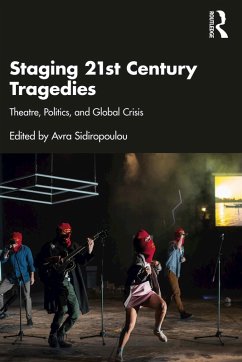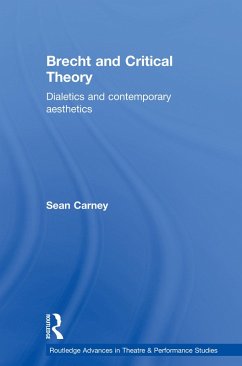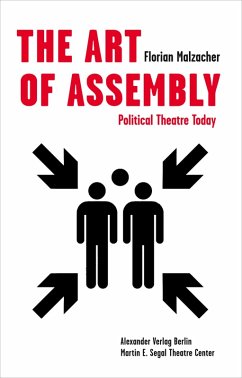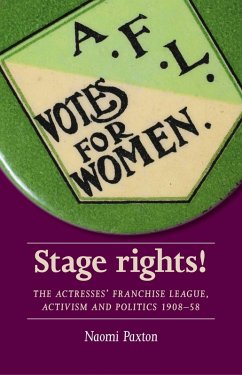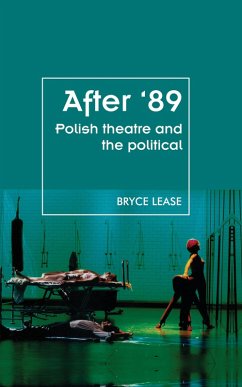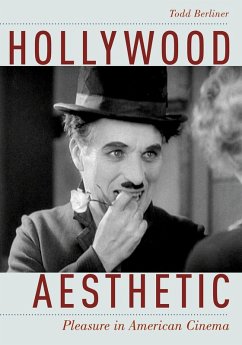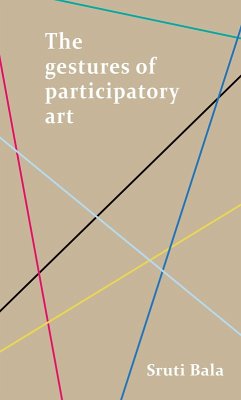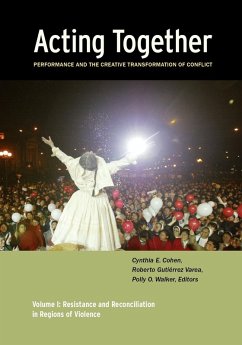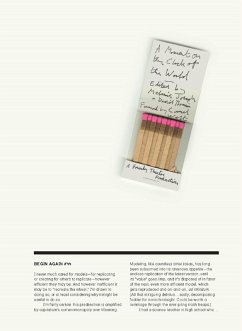
The aesthetic exception (eBook, ePUB)
Essays on art, theatre, and politics
Versandkostenfrei!
Sofort per Download lieferbar
80,95 €
inkl. MwSt.
Weitere Ausgaben:

PAYBACK Punkte
40 °P sammeln!
The aesthetic exception theorises anew the relation between art and politics. It challenges critical trends that discount the role of aesthetic autonomy, to impulsively reassert art as an effective form of social engagement. But it equally challenges those on the flipside of the efficacy debate, who insist that art's politics is limited to a recondite space of 'autonomous resistance'. The book shows how each side of the efficacy debate overlooks art's exceptional status and its social mediations. Mobilising philosophy and cultural theory, and employing examples from visual art, performance, an...
The aesthetic exception theorises anew the relation between art and politics. It challenges critical trends that discount the role of aesthetic autonomy, to impulsively reassert art as an effective form of social engagement. But it equally challenges those on the flipside of the efficacy debate, who insist that art's politics is limited to a recondite space of 'autonomous resistance'. The book shows how each side of the efficacy debate overlooks art's exceptional status and its social mediations. Mobilising philosophy and cultural theory, and employing examples from visual art, performance, and theatre, it proposes four alternative tests to 'effect' to offer a nuanced account of art's political character. Those tests examine how art relates to politics as a practice that articulates its historical conjuncture, and how it prefigures the 'new' through simulations capable of activating the political life of the spectator.
Dieser Download kann aus rechtlichen Gründen nur mit Rechnungsadresse in A, D ausgeliefert werden.




